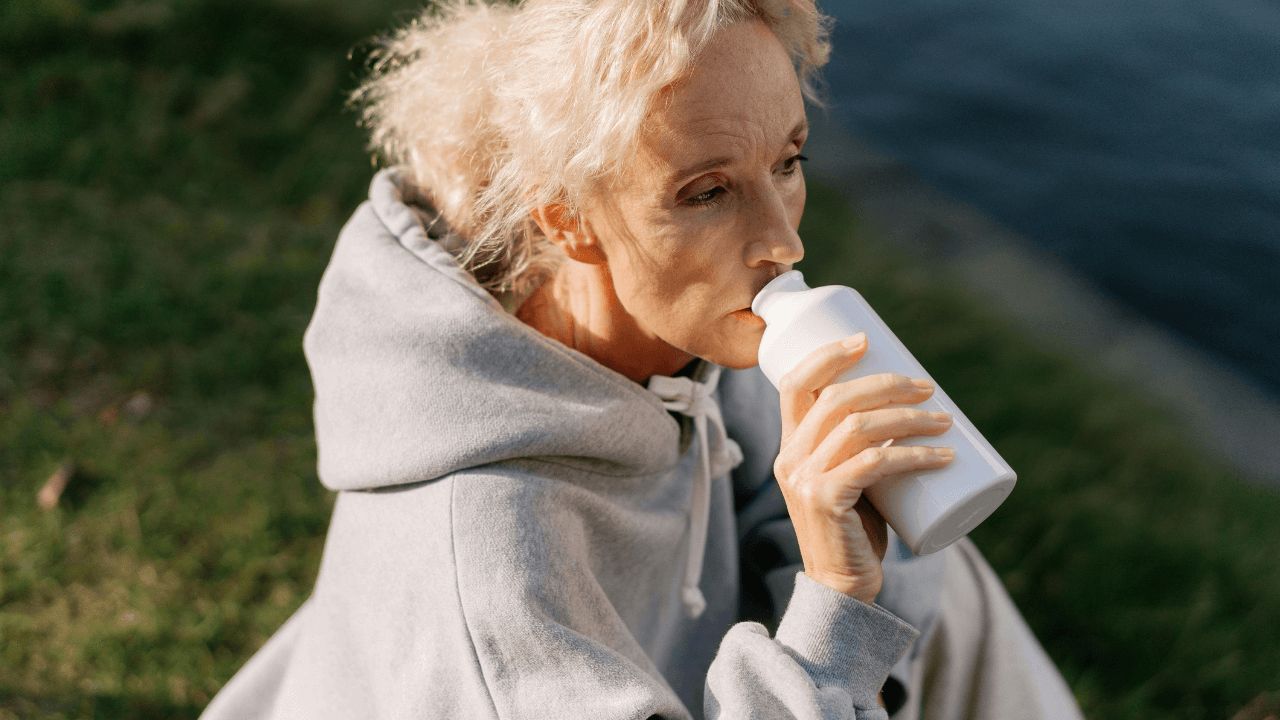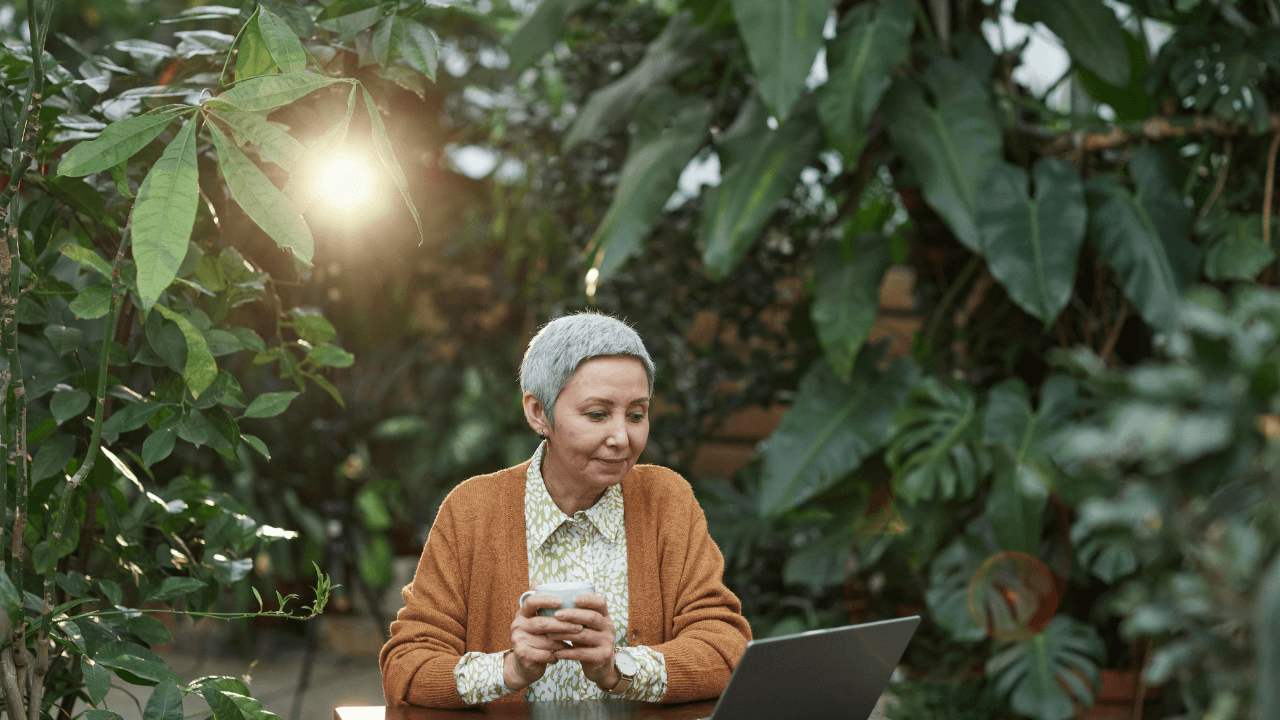Did you know that Leading Edge Senior Care has a Dementia Support Group? We meet monthly in Mesa. For more details <click here> What Drinks Should A Diabetic Senior Avoid? Managing diabetes requires careful attention to diet, and beverages are often overlooked in this process. For diabetic seniors, choosing the right drinks is just as crucial as monitoring food intake. Certain…










